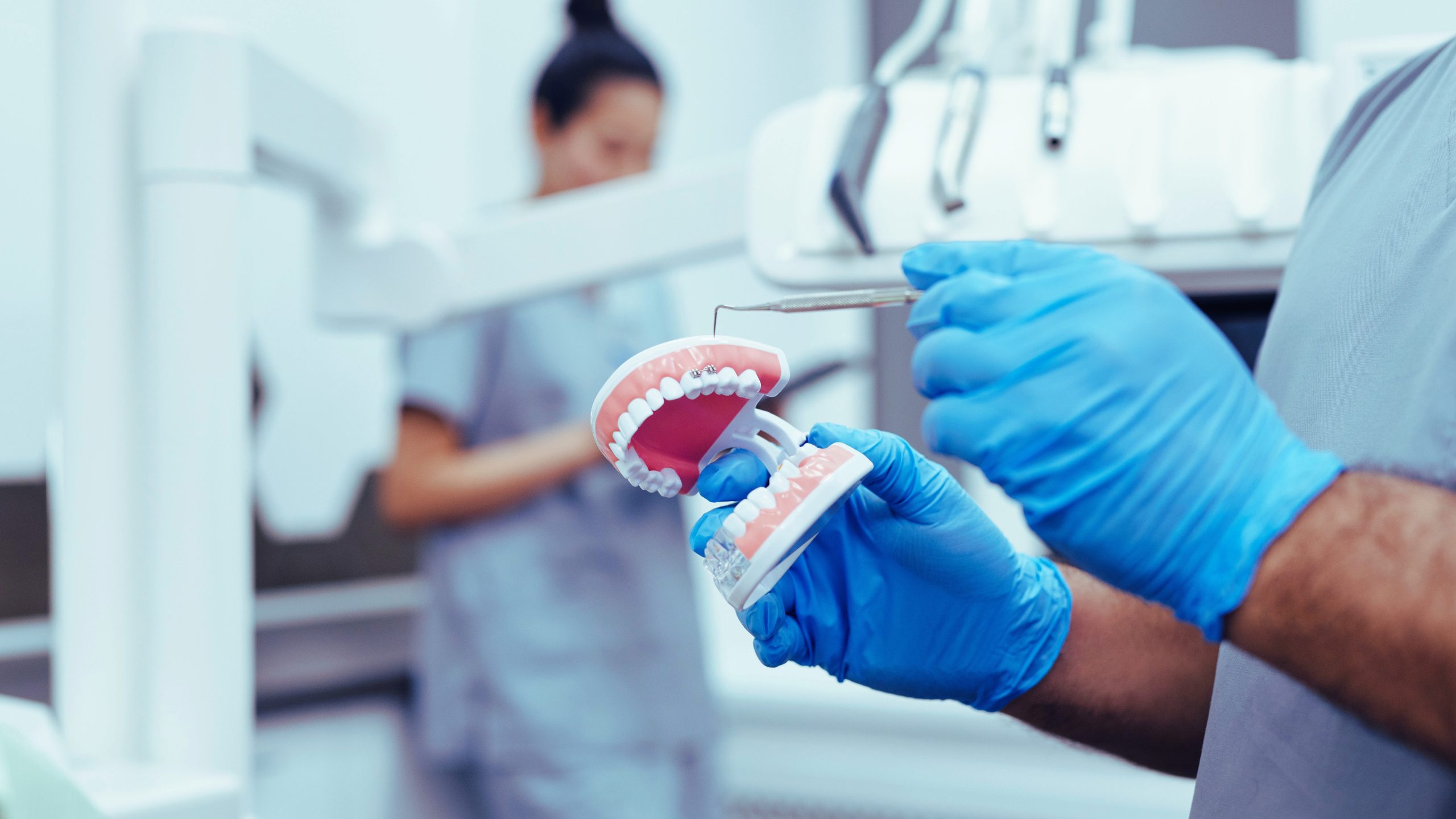WELCOME TO FAVDENTISTRY
Explore everything about Dentistry
Join Our YouTube Family
Explore Our Top Covered Category
All About For Your Teeth and Mouth
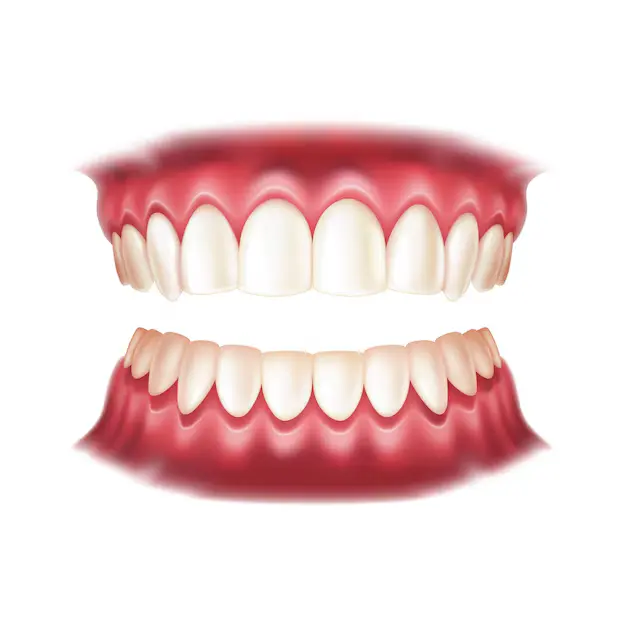
Discover types, costs, and expert care tips for dentures or false teeth. Make informed choices to achieve a natural-looking, comfortable smile with our in-depth resources.

Learn about dental fillings, their types, costs, and expert care tips. Understand how fillings restore tooth function and maintain oral health.
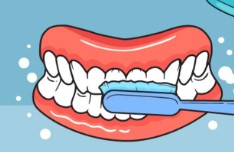
Uncover teeth whitening options, costs, and expert tips. Achieve a brighter smile with safe and effective whitening techniques tailored to your needs
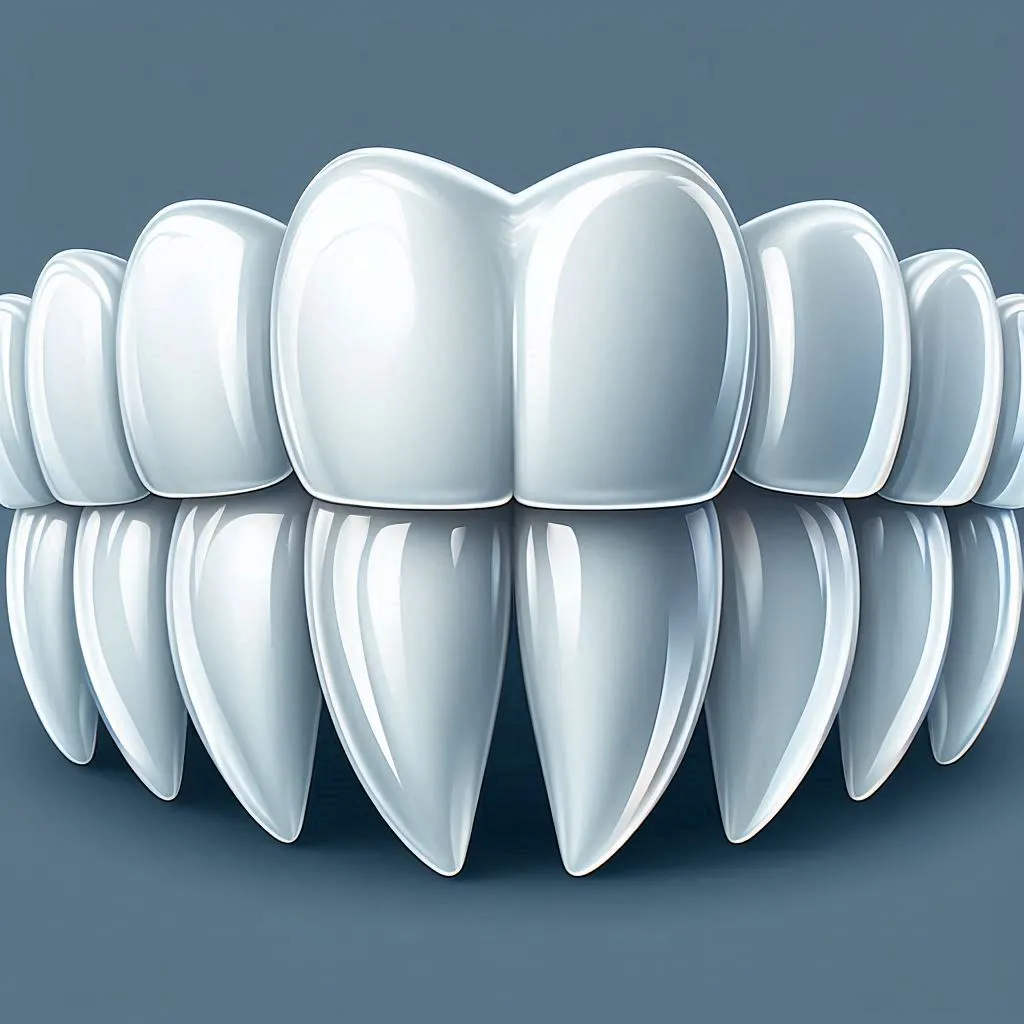
Learn how dental veneers improve smile aesthetics, offering a natural look and long-lasting durability. Get insights on types, costs, and care
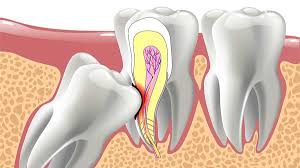
Understand wisdom teeth: their function, common issues, and extraction options. Get insights into managing pain and maintaining oral health.
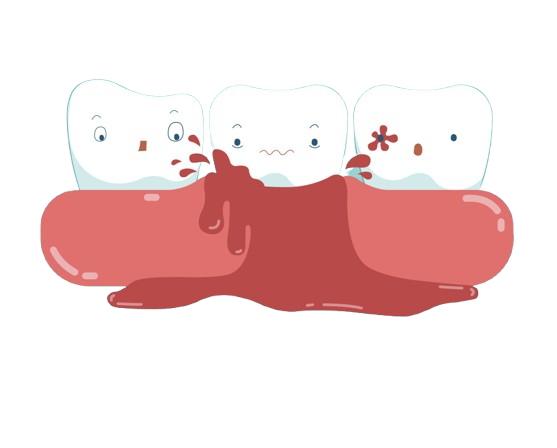
Learn about gingivitis: causes, symptoms, and treatment options. Find out how to prevent and manage gum inflammation to maintain optimal oral health.
Welcome to ‘Best Dental Information In Your Hand,’ your ultimate resource for comprehensive dental knowledge. Our platform provides detailed information on a wide range of dental topics, from preventive care to advanced treatments. Whether you’re looking for advice on maintaining oral hygiene, understanding dental procedures, or exploring cosmetic options, we’ve got you covered. Our expert articles, tips, and guides are designed to empower you with the information you need to make informed decisions about your dental health. Learn about common conditions like gingivitis and wisdom teeth issues.
Discover effective treatments for fillings and dentures, and explore the latest in teeth whitening and veneers. With up-to-date content and practical advice, we aim to support you in achieving a healthier, brighter smile. Trust ‘Best Dental Information In Your Hand’ to be your go-to source for reliable, accessible dental care insights.
Teeth Instructor of Our Blogs
We are passionate about Dentistry

